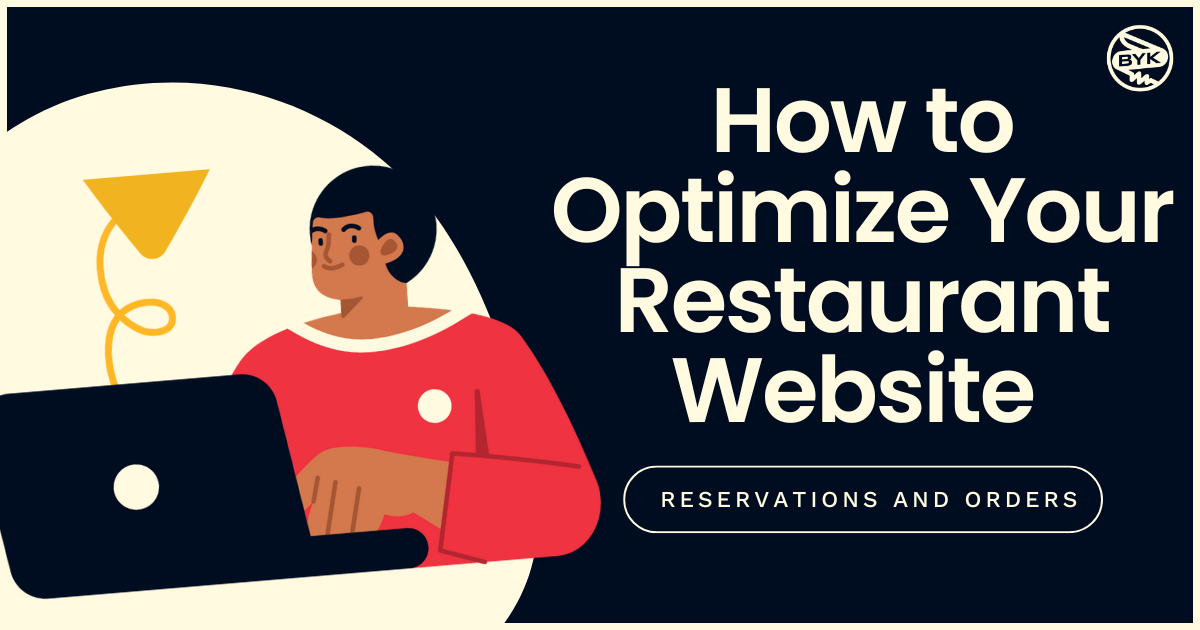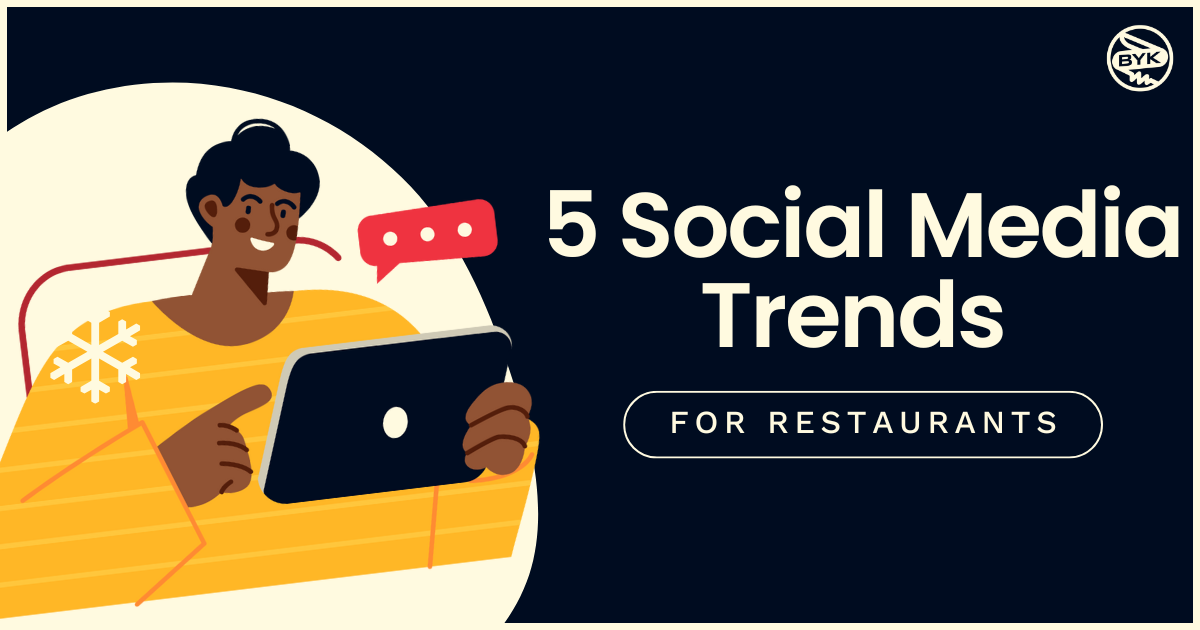After a long year of Zoom meetings and virtual events, people are very ready this summer to get back to in-person events. But even as the world reopens and “normalcy” resumes, virtual events continue to have their space. In fact, they can be a very valuable addition to many companies’ digital marketing arsenals. We’re walking through some of the ways virtual events are continuing to be utilized, the benefits these types of events have, and their outlook for the future.
How Virtual Events Are Continuing to Be Used
Even though many virtual events only came to be because of the global health crisis, they’re not all disappearing now that the world is opening back up. They were created by necessity, but many brands have realized that virtual gatherings can be beneficial, whether there is a pandemic raging or not.
Many events that could be held in-person, or used to be held in-person, are now being offered virtually. Musicians are offering tickets to livestream concerts. Brands are hosting virtual parties to celebrate new launches. Educational panels and conferences are taking place online, or are taking place in person but simultaneously being recorded for a virtual audience.
The events of 2020 forced businesses to develop tools and technologies to connect with their audience virtually. Without being able to connect face-to-face, many new methods emerged for creative digital communication. Now, since those tools exist and people are comfortable using them, many companies are continuing to make use of these technologies because of the convenience and other benefits they offer.
Benefits of Virtual Events
So what exactly are these benefits? There are a wide variety of benefits virtual events can offer that in-person events cannot. Of course, the exact advantages depend on the specific type of event, but there are many.
One of the most important things virtual events can offer is the ability to reach a wider audience. With an event hosted online, there is no geographic restriction on who can attend. Fans from all over the world can come together to take part in the same event. This way, brands do not have to choose which city or cities to host an event in, and exclude anyone who is unable to reach those locations.
Virtual events tend to be extremely cost-effective as well. They don’t require the physical space to hold all of the attendees, they have very limited equipment needs, and there are many cheap platforms through which large-scale virtual events can be hosted. For companies who want to build excitement and offer a unique experience without the premium price tag, virtual events are a great alternative to more traditional events.
Outlook: When To Use Virtual Events
Because of the unique set of benefits they offer, it is likely that virtual events (or events hosted with both an in-person and virtual option) will remain an important part of marketing strategy for many businesses. They do lack some of the pomp and excitement that can surround an in-person event, but they offer many other benefits that offset this. Over the next few years, as restrictions from the pandemic continue to become a thing of the past, expect to continue to see brands making use of virtual technologies that sprung up last year out of necessity. Far beyond health concerns, there are many other reasons to make use of virtual events, and not a ton of downsides to doing so. They will continue to provide value for businesses for many years to come.




